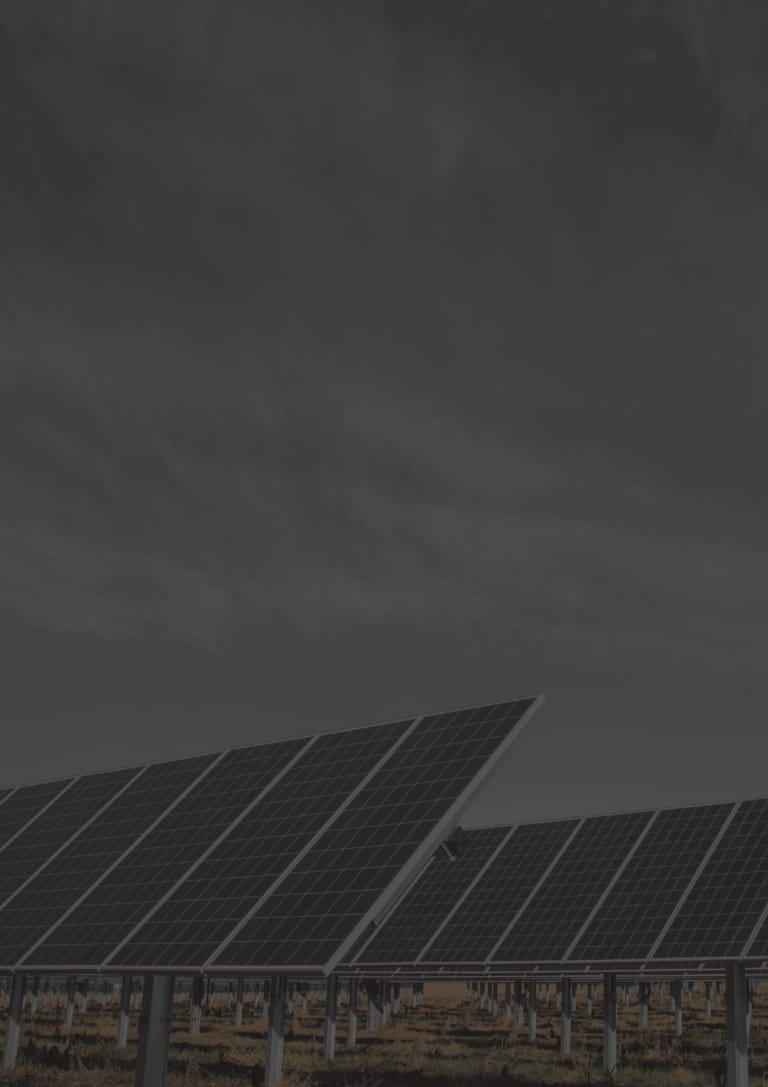
Industry-leading reliability
We deliver electric service reliability that ranks among the best for all utilities in the country*
Our electric utilities deliver industry-leading, top quartile reliability performance. This is made possible by the outstanding performance of our generating plants and power delivery systems, especially during periods of high customer demand.
*As indicated in the Edison Electric Institute’s 2022 Reliability Survey Report of investor-owned utilities which ranked Black Hills Energy’s electric utilities in the top quartile of reliability performance.
Robust infrastructure
We operate electric utilities in Colorado, Montana, South Dakota and Wyoming, serving approximately 222,000 customers’ energy needs with nearly 1.5 gigawatt of electric generation and a 9,000-mile electric transmission and distribution system.
In 2021, Wyoming Electric announced its Ready Wyoming electric transmission expansion initiative. The 260-mile, multi-phase transmission expansion project will provide customers long-term price stability and greater flexibility as power markets develop in the Western States. Construction of the project commenced in late 2023 and is expected to take place in multiple phases or segments through 2025 and will interconnect South Dakota Electric's and Wyoming Electric's transmission systems.


Prime locations
Proximity to Denver
Our goal is to bring new businesses to the communities we serve. We do this by being proactive and responsive to our customers’ unique and evolving energy needs. We’re ready to provide safe and reliable service to all of our customers.
Key local and state incentives
We have been successful in working with our regulators to create tariffs that provide for access to lower cost market energy for large load customers with a business model that includes on-site generation.

Colorado advantages
Located at the intersection of the north-south long-haul fiber route that runs along the Colorado front range, this route goes south to Albuquerque / El Paso and southwest to Dallas and Oklahoma City. Long haul fiber traffic travelling east-west will traverse through these areas with Denver being the primary intersecting point in the region.
Competitive rates and innovative tariffs
In 2018, the State of Colorado passed legislation empowering the Public Utilities Commission (PUC) to authorize applications by electric utilities to implement economic development rates. The legislation allows the Commission to approve, and electric utilities to implement, lower economic development rates for commercial and industrial users who locate or expand their operations in Colorado by at least 3 MW.

South Dakota advantages
When your business sets out to grow, choosing the right location is key. We are a growth-oriented utility company with a proven track record of excellent service to hyperscale and enterprise future data centers.
Technology companies require availability of reliable, cost-effective energy with the capacity to meet your needs. That’s where we can help you.

Wyoming advantages
Positioned at the intersection of one of two fiber routes that cross the Rockies, Cheyenne sits astride an unparalleled convergence of regional and transcontinental fiber optic cables. Much of metro Denver’s digital traffic enters national backbones at Cheyenne and multiple national carriers have a point of presence in Cheyenne.
Large Power Contract Service (primary provisions):
- New load (new customer or growing customer) of 13 MW or greater
- Customer-owned, utility-dispatched generation capacity on-site to provide back-up service to the customer’s load and maintain reliability
- Negotiated contract that provides access to market energy and is not served from utility-owned generation
- Download LPCS tariff (PDF)
Blockchain Interruptible Service (primary provisions):
- New load (new customer or growing customer) of 10 MW or greater
- Willingness to accept some degree of interruption
- Negotiated contract that provides access to low cost energy
- Download BCIS tariff (PDF)